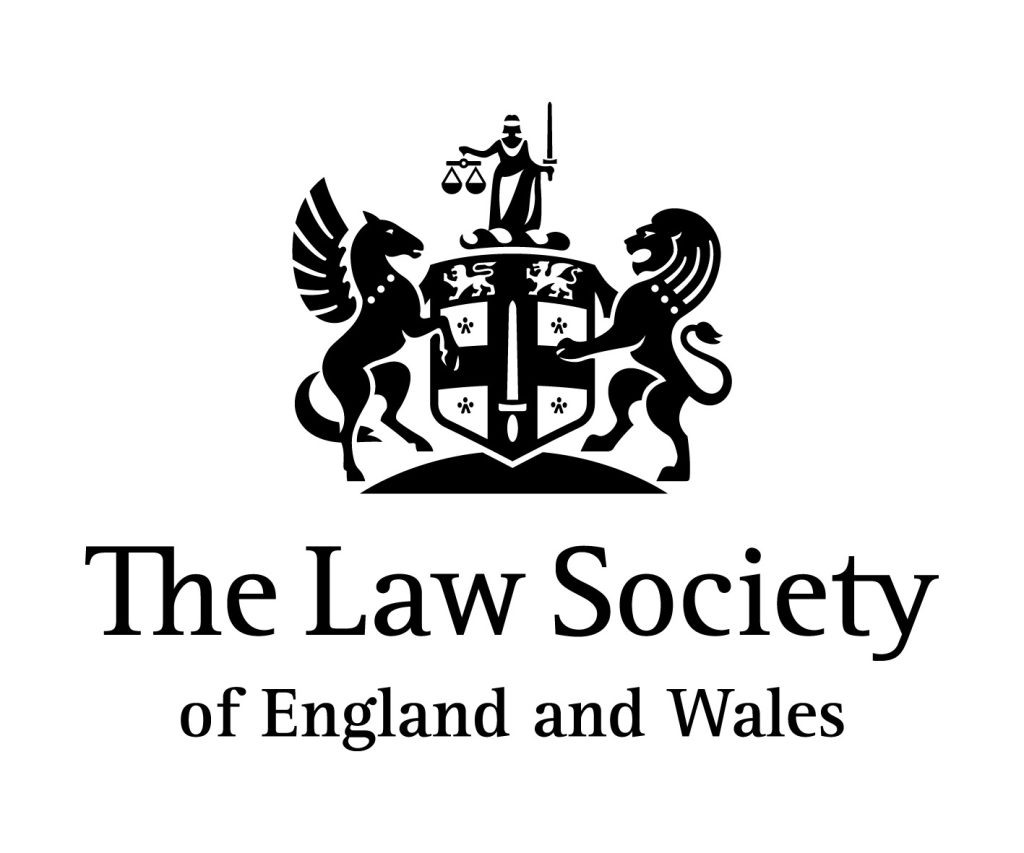It's a journey, not a destination

Koser Shaheen, GLD Lawyer, Chair of EMLD Division, and Law Society Council Member for the Ethnic Minorities Constituency, discusses the rewards and the pitfalls of starting from a BAME background and embarking on a legal career
Your life is just one long, incredible journey not a destination. I have had an incredibly rewarding career and decided to share my journey into the profession so that people who have been in similar situations can see it is possible to achieve whatever you want in life as long as you’re willing to work hard and pick yourself back up after every knock down. When a door is slammed in your face (metaphorically speaking), a window of opportunity is opened. Don’t spend too long worrying about the past and miss the beginning of another wonderful chapter in your book of life.
I am the eldest of six children and was born and raised in Birmingham. When I was 11, I was taken out of school and began following the blueprint that had been laid out for my life. At 18, I entered into an arranged marriage and two years later, my daughter was born. Not having an education meant that my career choices were limited. I worked as a mushroom picker, cleaner and clothes packer. After doing these manual jobs for a few years, I realised I wanted an education, a degree and a career. I applied to study a degree in law at my local university in the West Midlands.
I took my studies seriously and worked hard throughout university – going to every lecture and graduated with the highest first-class degree in my university that year. While I was still living in Birmingham, I was offered a training contract in London. My daughter encouraged me to go – telling me if I did not follow my dreams now, I never would. I am now a qualified lawyer and have recently accepted a new position at HM Treasury to assist the government with the transition of the UK leaving the EU. I have never regretted my decision to enter the law.
The challenges faced by black and ethnic minority students and lawyers are many. From getting the right help at the right time to access to the profession through to recruitment, retention, development and progression.
Access to the profession
Ignorance may be blissful, but there is price to pay for naivety. Being the first person in my family to go to uni, an ex-polytechnic in Birmingham, I was very inexperienced compared to others who came from a legal family background, who often had access to privileged knowledge. It took longer for me to understand what was expected of me. It did not help that my academic courses left me unprepared for the requirements of the real-world profession.
The actual and perceived gold standard of Oxbridge and Russell Group remains unquestioned and perhaps wrongly reinforced by the legal profession. Invariably, talented students outside these universities do not see the benefits of targeted legal career information and work placement opportunities. It is a two-way issue. Many law firms target the Russell Group, which prepares its students accordingly. There is no route directly for other universities preparing students for something that might not transpire when it is not pushed for. Many talented students do not apply to universities because they need to support families, or they lack funding. Social class and BAME are inextricably linked, with BAME candidates predominantly drawn from non-traditional backgrounds. To date, candidates from such backgrounds have been less likely to have the right information at the right time. Being privately educated, having family connections, access to extracurricular opportunities and substantive work experience can still heavily influence access and recruitment to legal practice.
"We are seeing concerted efforts by the leaders in the legal profession who are positively promoting integrated culture frameworks within their organisations"
Retention and progression
The culture within a firm determines a need for employees to ‘fit in’ with the ethos, aesthetic and cultural ‘behaviours’ of the firm, through looking ‘right’, acting ‘right’ and having the ‘right’ social and educational background. The hardest challenge I have faced is getting over my own stereotypes, accepting myself for who I am and believing myself to be equal to those around me. I think this was because I was a latecomer to law and also because I was then the only lawyer wearing a hijab in the whole office. Perhaps I felt more pressure because I was easily identifiable.
Immutable characteristics such as a person’s race and other characteristics such as religion, cultural beliefs, dress sense, the social and educational background could all factor in recruitment decisions. However, corporate cultures are constantly self-renewing, and the legal profession is no different. We are seeing concerted efforts by the leaders in the legal profession who are, beyond the predictable lip-service gestures, positively promoting integrated culture frameworks within their organisations. However, there is much more to be done on the BAME talent question. The increase in BAME representation is not evenly distributed across the profession.
It's not all doom and gloom!
BAME solicitors now make up 16.5% of the profession, a considerable increase from 1987, when it was less than 2%. Further, figures for BAME trainee intake varies from firm to firm and there is evidence that more firms are widening their pool and recruiting candidates from non-traditional backgrounds.
Whilst hosting celebratory events and marking significant milestones does have benefits, decision makers must consider promoting more tailored D&I programmes to address the BAME talent lacuna. It is not ‘one size fits all’. BAME members often have intersectionality with other D&I characteristics. They have shared challenges with the majority group, but they can also have individual experiences. To better support the needs of BAME members there is a need to understand the role of intersectionality and its impact. For example, LGBT+ members are generalised as one homogenous group, and little has been done to understand BAME LGBT+ solicitors who, because of their multiple identities, will have different insights/experiences that have not been articulated or captured.
Positivity is on the horizon. I see greater efforts by the legal industry to work towards better integration and diversity. With increasing opportunities post Brexit and growing relationships outside borders, there is a need for lawyers who are au fait with international markets, language and culture.
Things I wish I had known!
Be kind. Be helpful. Be honest. Above all else, do not get caught up in my own self-doubt watching everyone else. Take a deep breath and ignore the noise. You are exactly where you were meant to be but also accept that there will be missed opportunities and where you could have done things differently – it’s a long road, but it’s also a journey well-travelled.
With the ever reducing the number of training contracts and pupillages it has never been more important to invest in yourself and develop your personal brand. When you enter into any new profession, deficiencies in knowledge is a given. Your law degree does not really teach you how to practice law. You may have been on point with your courses and assignments – if you study well, you get the grades. However, converting superficial and theoretical knowledge of a lot of law subjects to desirable practical skills is the key to success. We all learn with time and there is no ‘eureka!’ moment, but it does all come together eventually.
If you can speed up that process, do it! How? Be Job ready!
1
COMMUNICATING CLEARLY AND EFFECTIVELY IS THE GREATER PART OF THE JOB
First impressions last and can be fateful. Employers will look at your applications in full, not just your grades. Your cover letters should be tailored and not a ‘copy and paste’ job. A bulky CV with unnecessary information may be overlooked. Be succinct and make sure there are no spelling mistakes. You would be surprised at how many CVs I have seen with obvious mistakes, which usually end up in the ‘no’ pile.
2
STRENGTHEN YOUR WRITING, RESEARCH AND ANALYTICAL THINKING SKILLS
Memorising a few templates does not convert to the essential skill sets that employers look for, like contract drafting or research skills.
3
BE READY TO ANSWER THE ULTIMATE QUESTION, ‘WHAT KIND OF LAW ARE YOU GOING TO PRACTICE?’
There are numerous routes open to you but what has become apparent to me is that you will not be motivated if you pick a field of practice that does not fit your personality. Make sure you research different kinds of law. Work placements, ideally in your second year of university, are great opportunities before you decide.
4
PRACTICE YOUR INTERVIEW AND PRESENTATION SKILLS
Learning how to speak in front of a group is a learned skill. I have seen many lawyers in meetings and presentations talk as if they were totally unprepared. Of course, it is not that they did not know their subject but more that they lacked the skills to convey that knowledge. There are numerous courses on oral presentation skills, I would certainly recommend all would-be lawyers to take some time to develop these skills to enable you to exhibit the confidence of knowing what you are talking about, in making arguments or presentations to clients.
5
YOU DO NOT HAVE TO WIN EVERY ARGUMENT.
Exercise your critical thinking muscles and embrace uncertainty. While it is difficult to determine when, the earlier you have the confidence to know when to back down the sooner that you gain that confidence to explore and challenge yourself, these are the characteristics most attractive to employers.
Finally, and importantly, a legal career can be demanding and competitive, it is easy to burnout and fall foul of the negative effects of stress and exhaustion. Your study-work-life balance is what you make of it but taking care of your emotional well-being is a high priority – even more so in the current climate of remote working and isolation from regular support groups. Make time for yourself. If you are truly struggling, talk to your friends, lecturers or colleagues and get help.

